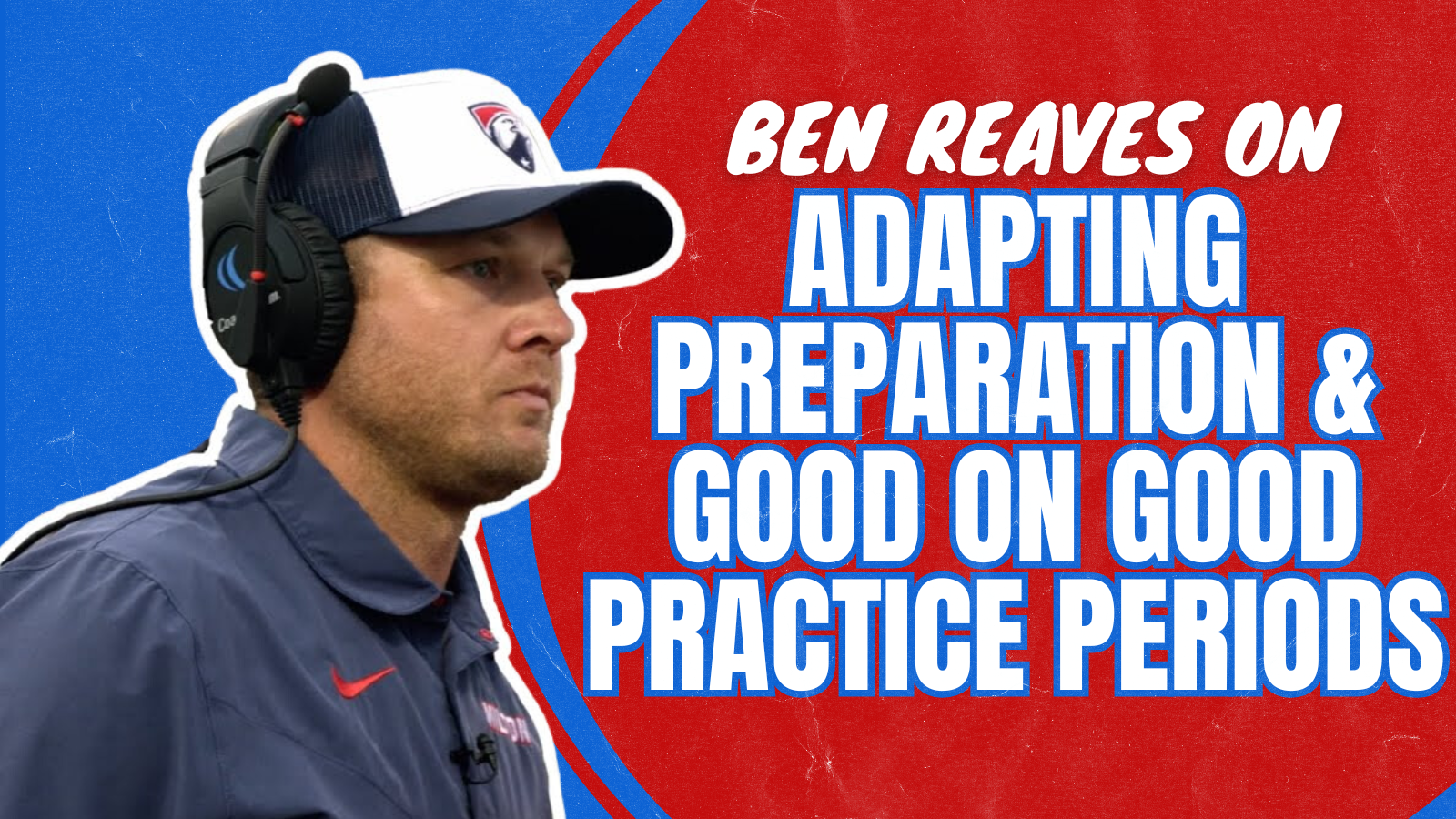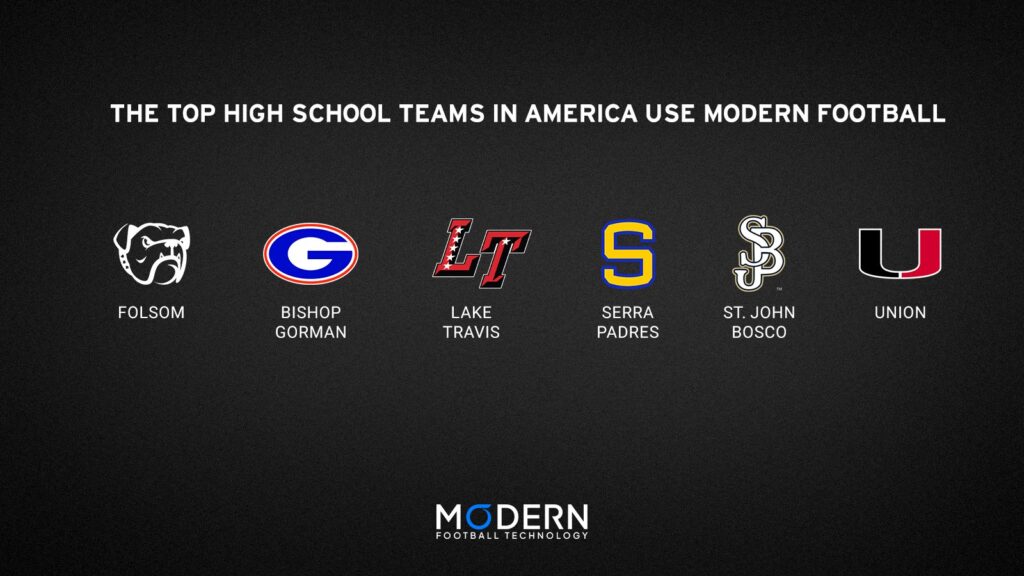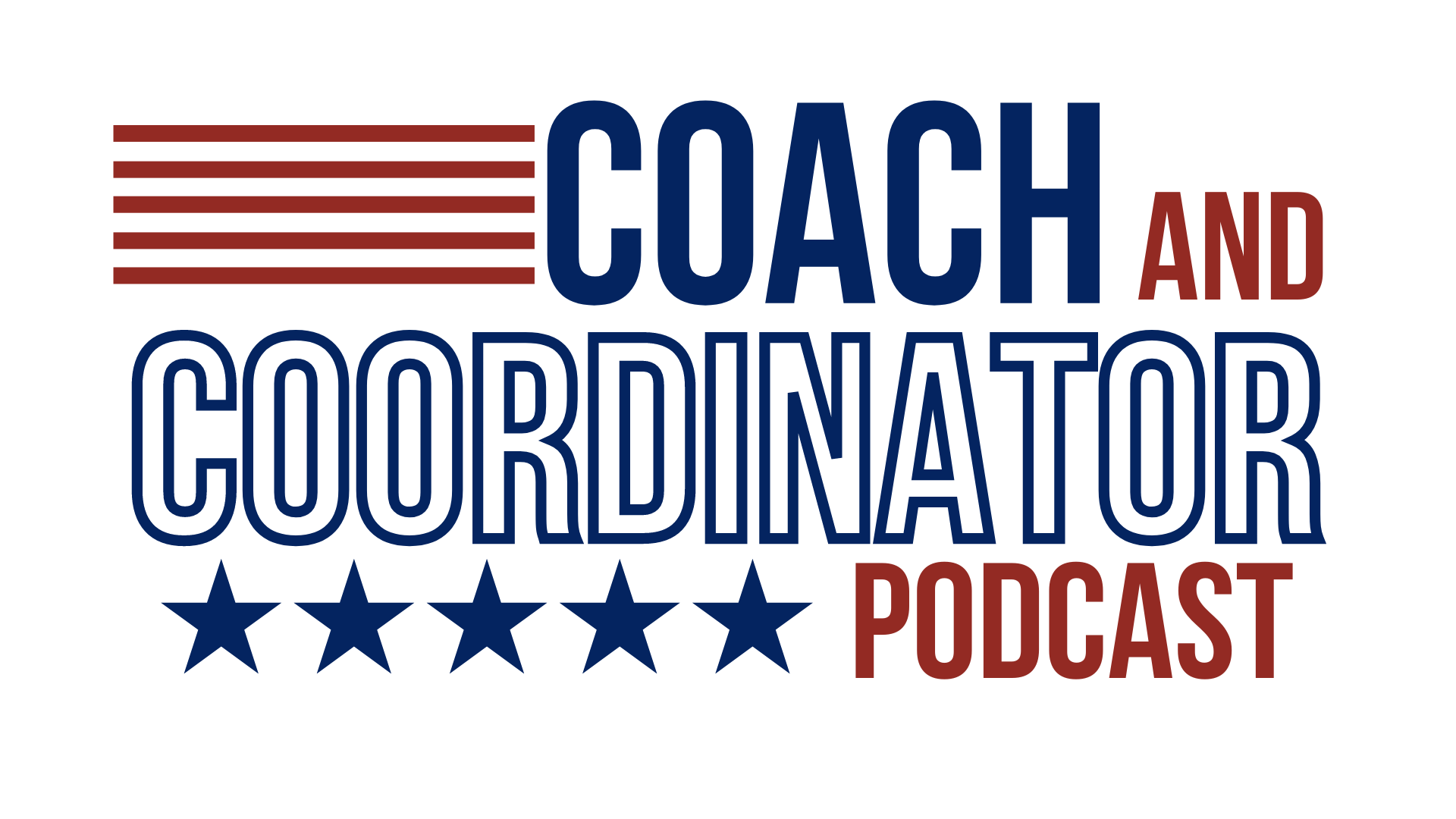
The journey from preseason to playoffs is a marathon, not a sprint. Preparing a team to compete at its highest level week after week requires more than just talent; it requires smart planning and adaptability. For Coach Ben Reaves of the Milton Eagles, this means a dynamic approach to practice intensity, rooted in evaluating opponents, using the scout team effectively, and incorporating ‘good on good’ sessions when necessary to sharpen his players.
Opponent-Driven Preparation: Adjusting the Dial
Coach Reaves’ philosophy centers on adapting practice intensity based on the upcoming opponent. The key is to avoid a one-size-fits-all approach and instead tailor practice intensity to match the challenge ahead. Reaves and his staff understand that preparation demands an extra edge when facing a top-tier team in a hostile environment.
“You have to evaluate where your team is and what you’re going up against,” Reaves explains. “If we’re going into a game where the speed of play is higher than our scout team can simulate, we have to raise the intensity. That’s when we turn to our starters to run scout cards, making sure that by Friday, there’s no adjustment period.”
This opponent-driven approach ensures that the Eagles don’t just prepare—they prepare with purpose. Whether it’s a game that demands full-speed reps or a week where rest is prioritized, the balance is always struck with the end goal in mind: maximizing performance when it matters most.
Maximizing the Scout Team
One of the most effective tools in Coach Reaves’ arsenal is his use of the scout team, which when necessary, includes starters. This approach ensures that the defense faces a realistic simulation of the opponent’s offense, preparing them for the speed and complexity they’ll see on game day.
Reaves explains, “We’ll have our first offense run the scout cards for the week, mirroring what our opponent is going to do. It’s full-speed work in the trenches, but we emphasize protecting the team, especially when it comes to keeping players off the ground and avoiding unnecessary collisions.”
This strategy isn’t just about getting in reps; it’s about giving the defense a chance to face the closest thing to the opponent’s game speed. By using starters as the scout team, the Eagles can simulate game conditions more accurately, preparing the defense for a smooth transition to game day.
The Power of ‘Good on Good’ Practices
In addition to using the scout team for game preparation, Coach Reaves incorporates “good on good” periods in practice, where the first-string offense and defense compete against each other. This method isn’t used every week, but when it’s implemented, it pushes the team to another level.
“We run what we call ‘team compete’—it’s our offense versus our defense in situational football,” Reaves says. “I’ll set up a scenario, like first and 10, and we’ll play ball with consequences. If the offense fails to get a first down, the losing side has up-downs as a punishment. It keeps the competitive edge sharp.”
These ‘good on good’ sessions also serve as an excellent gauge of where the team stands in terms of fundamentals, conditioning, and readiness for tougher opponents. More than just an energy boost, it’s a way to keep the team mentally engaged and prepared for high-stakes situations.

Balancing Intensity and Safety
Of course, pushing players hard has to be balanced with safety, a consideration that Reaves never overlooks. He emphasizes the importance of thud tempo during ‘good on good’ periods, where players simulate contact without full tackling.
“It’s all about practicing smart,” Reaves stresses. “We want to protect each other while still getting the work in. In the trenches, it’s full speed, but we’re careful with contact in the open field. No one needs to be laid out in practice, but we can still simulate what’s coming at us.”
By instilling these principles, Reaves ensures that his team stays sharp without unnecessary risk, a critical balance for any coach managing the long grind of the football season.
Strategic Preparation
For the Milton Eagles, the road to success isn’t just paved with talent and hard work—it’s defined by strategic preparation. By adapting practice intensity based on the opponent, leveraging the scout team to simulate game speed, and incorporating well-planned ‘good on good’ periods, Coach Ben Reaves has built a program that is both adaptable and competitive at the highest levels.
As the season wears on, these methods help the Eagles stay sharp and prepared, ensuring that when game day arrives, they’re ready to face any challenge that comes their way.


